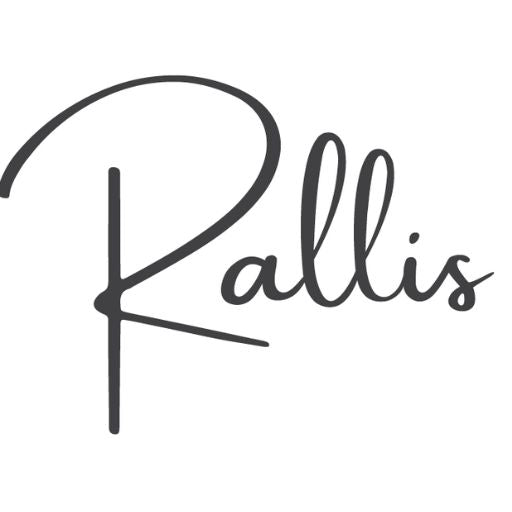In the realm of cancer treatment, where medical advancements continue to evolve, a holistic approach that combines traditional medicine with complementary therapies has gained significant attention. One such complementary approach is the integration of naturopathy in cancer care. Recent studies have shed light on the potential benefits of consuming olive oil, often associated with natural remedies, for individuals battling cancer. This article aims to explore the scientific studies highlighting the positive impact of olive oil on cancer patients, offering insights into its potential role as a valuable addition to their dietary regimen.
- Cancer Naturopath and Treatment:
Cancer naturopathy, a branch of complementary medicine, focuses on supporting the body's natural healing abilities while undergoing conventional cancer treatments. Integrating naturopathy into cancer care involves personalized treatment plans that address diet, lifestyle, and natural remedies. Olive oil, with its potential health benefits, has emerged as a significant consideration in cancer naturopathy. By incorporating high-quality, high polyphenol olive oil like Rallis into the diet, cancer patients can potentially enhance the effectiveness of their treatment while improving their overall well-being.
- Food to Fight Cancer and Aid in Recovery:
The role of nutrition in cancer prevention and recovery is well recognized. A balanced diet rich in nutrient-dense foods is essential to support the body's immune system and aid in recovery from cancer treatments. Research has highlighted specific foods that possess anticancer properties, and olive oil is among them. When included as part of a comprehensive dietary approach, olive oil may contribute to fighting cancer and supporting the recovery process.
- Olive Oil and Cancer:
Numerous studies have investigated the relationship between olive oil consumption and cancer risk. While olive oil alone is not a cure for cancer, scientific evidence suggests that it may offer potential benefits in reducing the risk of certain cancers. These benefits can be attributed to olive oil's high polyphenol content, anti-inflammatory, antioxidant, and cell signaling modulating properties. Incorporating high-quality olive oil, such as Rallis, into a well-balanced diet under the guidance of healthcare professionals may complement conventional cancer treatments.
- Foods to Help Cancer Recovery:
A crucial aspect of cancer treatment involves supporting the body's recovery after undergoing therapies such as chemotherapy and radiation. Nutrient-rich foods play a significant role in this process. Olive oil, with its high content of healthy monounsaturated fats, beneficial compounds, and increased polyphenol content, can be a valuable addition to a post-treatment diet. Its inclusion can aid in nutrient absorption, provide essential antioxidants to combat oxidative stress, and support the recovery journey.
Conclusion:
While cancer naturopathy and dietary approaches cannot replace standard cancer treatments, scientific studies indicate that incorporating high-quality, high polyphenol olive oil like Rallis into a comprehensive treatment plan may offer potential benefits for cancer patients. Its role in supporting the body's natural healing mechanisms, fighting cancer, aiding in recovery, and reducing the risk of certain cancers make it a promising dietary component. As always, it is crucial for individuals to consult with healthcare professionals, including cancer naturopaths, to determine the most suitable and evidence-based approach for their specific condition.

